Forces that Shaped Ancient Greek Cities and Culture
Forces that Shaped Ancient Greek Cities and Culture
Many factors shaped ancient Greek cities. The natural landscape, climate, religious beliefs, philosophy, literature, politics, law, sport, art, theater, and psychology amalgamated to create genuinely unique cities and a thriving culture. Many aspects of Greek civilizations still form the basis of modern Western culture and society; however, we have also made significant diversions, which I believe deserve close assessment. Can certain aspects and values of ancient Greek cities and culture be re-integrated into our contemporary societies to help improve our current condition?
Landscape
Ancient Greek cities were clusters of smaller communities situated within hillside or mountainous, rugged terrain—this natural terrain limited city growth and the accumulation of dense populations. Manually forming the land to create larger areas for building dense cities was impossible in this landscape. Instead, the early Greek cities chose to build in harmony with the shape of the natural topography and landscape features. They constructed homes on the natural building sites of the terrain, creating a far less dense tapestry of homes and small villages scattered amongst the hillsides.
This made it difficult for one ruler to maintain command or exploit the community. Citizens did not need to rely on the powers or resources of a king to protect them as the terrain naturally fortified their homes and farms. Naturally, a more independent, self-reliant attitude, grounded in personal independence and autonomy, seemed to develop as a core principle amongst individuals in this type of community.
The ancient Greeks maintained strong bonds with the natural landscape, which was critical to helping Greek cities thrive. The beautiful caves, grottos, mountains, vegetation, blue oceans, and natural springs created an idyllic environment for them to live in. Being surrounded by these elements constantly reminded them of the beauty in the world. It prompted religious experiences that could elevate or catalyze man's consideration of different thought forms.
As the culture grew in these conditions, its internal governing political philosophies and societies grew with it. It seemed to have dissolved many of the delusions of the quasi-divine monarchs and evolved a more humanistic and democratic approach. A new democratic political system was developed to serve these modest communities and preserve citizens' freedoms.
A downside to this system was that it limited the early Greeks' ability to homogenize into a single unified culture; for centuries, they lived peacefully as somewhat independent rural villages. Early Greek civilizations such as Crete had a natural immunity to invasion; thus, many Greek cities remained unfortified. They stayed relatively isolated and in peace, free from fear and in the absence of paranoia, which freed up ample time to enjoy other pursuits in life.
Our contemporary cities and communities underestimate the importance and power of landscape and natural beauty. Often, landscape, greenery, and access to nature are an afterthought when providing for, planning or establishing a new community. A beautiful natural landscape can elevate our psyche and lift us.
I believe that the ancient Greeks' deep connection with nature centered them, gave them a healthy perspective, balance, and beauty in their lives. This relationship nurtured their psyches; thus, their built environments and their cultures reflected that healthy psychological state.
We should consider integrating nature through parks and public spaces instead of designing built structures when planning our new communities and revisiting existing ones.
The Greek Polis
The Greek polis, or city-state, was a product of their early communities' more independent, sprawling nature. The polis was not typically governed by a single leader, such as Egyptian Pharaohs or a monarch ruler who was given power by a god. Sparta was one of the only exceptions. Sparta retained a traditional hereditary monarchy, and it was the only known Greek polis to have done so.
The establishment and organization of a polis was not a prescriptive processes. No doctrine instructed them on establishing the polis or what values, rules, or laws should be implemented. Instead, a group had to negotiate and debate to establish the basis for their polis. Members had to produce reasoned arguments and persuade their peers to adopt their ideas and policies.
The Greeks believed that each polis required consideration of different nuances that catered to the specifics of the establishment. For this reason, an authoritarian political structure could not be repeatedly applied. They believed that the citizens could live happily only if they had control over the establishment and definition of their polis.
The constitution of each polis varied greatly, and many different types were established. Aristotle gave his students the task of collecting and writing down nearly 150 constitutions of different polises. They fell into three broad categories, which were rule by one man, rule by many, and rule by the few. They can be translated as tyrannis, demokratia, and oligarchia respectively.
Each polis included the urban space, its buildings, sanctuary, monuments, agora, streets, and walls. It is important to note that the polis included the farmlands and rural settlements surrounding the city as well. This was a unique concept as many cities, up to that point, drew a rigid division between the area inside the city walls and rural lands outside the walls.
Greek culture was firmly rooted in its relationship with nature and agriculture; thus, the polis included both. This represents a more balanced naturalistic approach to city building that acknowledged and relies on humans' connection with our agrarian past.
The polis had trouble scaling, and thus, many attribute its inherent shortcomings to the seemingly fragmented nature of the Greek-speaking world. Many had challenges maintaining the democratic nature and protocols. They were accustomed to face-to-face interactions and in-person democratic debate. These activities were challenging to facilitate with large groups. They never quite figured out how to translate direct democracy into a representative form of democracy. This may have been one of the factors that led to the demise of the Greeks, but it is difficult to say that they were incorrect in their approach. They preferred tangible, direct contact with people and their democracy. They needed to witness things firsthand; it was in their nature. Once the city got too large, independent sub-groups began to form, fraction off, and separate. Their political structure could not handle extreme growth and began to fracture and become susceptible to corruption.
In general, our democratic system of government has integrated the concept of the polis into our modern Western society. In many ways, we have also greatly improved on the Greek idea of democracy through the concept of representation in our government. Although it has its issues, it has also allowed us to scale our government, a problem that troubled Greek cities.
That said, we seem to have lost tolerance for engaging in productive discourse and debate about how our societies should be organized and run. The Greeks viewed political and societal discourse as one of the most admirable pursuits in which they could participate. I am concerned that the media has polluted politics, and we lack time to dedicate to this pursuit. Many view the political sector as disingenuous, corrupt, and deeply flawed.
Creating open spaces in our cities that facilitate active participation in community issues and politics is one small way we can shift political discourse. We can re-establish this by providing public spaces using the Greek agora model.
The Agora
The agora, or marketplace, was the center of the Greek city, where most of trade and commerce was carried out. Early in its development, the agora was formless and possibly defined by natural rock formations surrounding a flat land area. As Greek society grew, buildings regulating trade, coinage, and taxation were constructed around the agora to form its physical boundaries.
The agora was not just a marketplace; it also functioned as a place of assembly where social interactions, debates, personal exchanges, and intellectual and political conversations were carried out. It was a critical piece of the Greek city that built trust, familiarity, and community among the people.
Although the agora was at the heart of the city, ironically, most polis did not highly regard trade. It was foreign to the aristocratic and agricultural way of life. The Greeks failed to integrate and moralize trade and business into their image of a good life. They refused to allow businessmen to be citizens, which resulted in the exploitation of slaves to maintain their leisurely and democratic lifestyle. The spread of slavery may have resulted in the eventual downfall of their way of life.
Because of their perspective on trade activities, there were attempts in some cities to create two separate Agoras, one for trade/business and the other for more moralistic discussions on politics, intellectual debate, and those activities exclusive to Greek citizens.
Community, socialization, and unification are weaning in many of our modern cities because few areas within our communities facilitate interactions like that of the ancient Greek agora. In European cities, many plazas, markets, and parks echo the original intentions of the agora. However, in America, this concept is a faint memory of the past.
Concepts like farmer's markets or fairs seem to be making a resurgence. However, I would advocate for the reintroduction of public open spaces to facilitate community interaction, discourse, and discussion. The design and location of these spaces are critical to ensuring that they operate correctly and are a productive addition/modification to a city. Jane Jacobs discusses many of the nuances of what makes a successful public space in her seminal book “The Death and Life of Great American Cities.”
Occupational Specialization in Ancient Greek Society
The Greek's unique attitude to occupational specialization profoundly impacted the shape and organization of their cities. Greek citizens looked down upon specialized merchants who devoted themselves to money-making to satisfy a consumptive lifestyle.
They valued the ideals of leisure, freedom from an overly committed lifestyle, intellectual reflection, the arts, politics, education, and a self-reliant way of life. They were not interested in accumulating material possessions to display their prestige. The constant accumulation may have provoked suspicion and distrust in Greek society.
These values led many Greeks to hold and maintain small farms in the countryside outside of the city, where they would produce their food, goods, and items required for basic living. The small farms on the city's outskirts were an essential characteristic of the polis. The farms gave the polis a unique, less dense form compared to other cities of the time; they also facilitated a particular lifestyle that the Greeks enjoyed and took great pride in. They enjoyed a life outside, free to move between the city and rural establishments. They were able to enjoy a variety of pursuits. This way of life often resulted in a less paranoid, less divisive, and less oppressive mindset of the typical citizen.
This concept is incredibly complex yet critical to reorienting the health of individuals in our communities. It is complex because the exploitation of slave labor largely supported the system. This allowed citizens to engage in other activities and many to disengage with trade. Exploiting labor is not a solution. I believe that we can rebalance without exploitation through reorienting our values.
To a certain degree, specialization is healthy for the individual. It gives many people pride, purpose, and meaning. However, our contemporary society has taken specialization too far, to the point where an individual's occupation begins to define them as a person. This has led to the dissolution of the individual's identity, often resulting in depression, work addiction, and loneliness. It seems that the level of specialization normalized and, in many ways, required by our society limits natural human curiosity, spontaneity, and growth. Can we reallocate our investment into our professions so that there is a healthier balance, allowing us ample time outside work to follow meaningful and varied pursuits? If our current society adopted this value, what form would this be manifest in our communities and homes?
The Sanatorium
A Sanatorium was typically built in more developed Greek cities. The Sanatorium in Cos was a hub for medical and health-related innovation. It had a sanatorium, hospital, and medical research building on a small island with a panoramic sea view. The ancient Greeks believed in the healing properties of nature, seclusion, and beauty. They thought the mind was as crucial in the healing process and illness-prevention process as the body. Many sanitoriums were outside of the city, free from its clutter, disorder, foul smells, and noises. They had ample access to nature, fresh air, and sunlight.
In contemporary hospitals, consideration for the capacity to heal through nature and the mind has not yet fully been acknowledged. Our hospitals are often in mid-rises with minimal access or orientation to nature, fresh air, and sunlight. We surround our patients with synthetic toxic materials, artificial light, processed food, and views of our concrete jungles and expect them to heal in these environments.
We are beginning to see the emergence of wellness centers in nature aimed at physical and mental health treatment. These centers seem to understand the importance of nature, fresh air, and sunlight in the healing process. Incorporating these values and disciplines into our current hospital and medical insurance system is a massive undertaking. How can this approach and value system be integrated, to some level, into our current system and cities?
The Gymnasium
A Gymnasium became an increasingly important component of Greek cities. Establishing the gymnasium helped overcome the sedentary lifestyle that began to develop in the town. When moving into the city, people left behind many of the daily activities and vigorous exercises associated with the rural lifestyle of the countryside. The ancient Greeks knew sickness could occur if the body were not exercised, and movement promoted vitality and health. They also knew that mental illness could arise in the mind if it were not activated and exercised. For this reason, their gymnasiums often included classrooms and lecture halls and were located near libraries. This type of facility allows the user to develop a well-rounded health profile, exercising their bodies and their minds in a single location. For me, this concept illustrates an incredibly wise and mature understanding of human health.
We have plenty of examples of contemporary gymnasiums. However, they are designed to facilitate only physical health and lack the holistic approach of incorporating the mind that was fundamental to Greek gymnasiums. I believe that if a facility with a well-rounded approach to physical and mental health was present in our society, it would thrive.
The Theater
The theater was an integral part of Greek life. It began as a location to house religious festivals. It evolved into a place that portrayed urban life's drama, comedy, and tragedy. It allowed Greeks to “see themselves.” Through the theater, the Greek citizen experienced a growth in self-awareness, perspective, and self-realization. They were able to remove themselves from their internal worlds and gain a greater understanding that the tragedies and triumphs were relatable to them, thus making them feel less alone and more connected with the community. They felt that many people around them were also experiencing the emotions of the characters on stage.
Our contemporary culture is littered with entertainment; however, we need to be aware of the content and consumption of that entertainment. It seems that the trend of popular content deserves self-examination. It is entertainment for entertainment's sake that facilitates escapism from the realities of our lives rather than self-improvement. The incessant need to engage in entertainment to escape the realities of our daily lives illustrates a deep level of discontent and lack of meaning that fills our days. It is a far cry from the enriching and enlightening theater of the Greeks that fostered self-awareness and realization.
The Acropolis
The Acropolis of ancient Greece was a defensive location, typically built high on a hill and often containing political, military, and, most importantly, religious buildings. Each Polis was centered around a protecting god, such as Athena for Athens and Sparta. An altar and a temple were constructed on each polis' acropolis dedicated to the protecting god. These temples became the pride and identity of a city and were the methods they used to showcase and symbolize the community’s prestige and sophistication.
The acropolis of each city and its accompanying monuments created a bond between the city's identity and its spiritual beliefs.
I am not advocating for the reuniting of politics and religion in our contemporary culture. Instead, I question whether religion/spirituality can re-establish itself in our cities to unify communities. Spirituality has been a part of human civilization since its conception, and only in the last few centuries has its presence begun to deteriorate and disappear. This is a new experiment for humans, and I believe we are not fully aware of the psychological repercussions of a society void of some form of spirituality.
The Greek Ideal
The actual built environment of the Greek city may have been underwhelming if viewed through contemporary eyes. It would have been modest and crude and appeared poverty-stricken in many areas. However, this would not have been of high concern to ancient Greeks, as they seemed to hold a unique set of values. They were not consumed in the hedonic cycle of obtaining material possessions or amassing unnecessarily large amounts of money for its own sake. The culture did not revolve heavily around overdrinking. They lived an outdoor active lifestyle. They found beauty in the natural landscape they were surrounded by. The things they wanted in life were free and readily available all around them.
The Greek cities were not perfect and contained many flaws. The execution of their systems, cities, and buildings had many shortcomings. To believe that the reality of Greek culture and cities was an ideal model to replicate our cities would be a mistake. We have made significant improvements in many areas that we should recognize.
However, it was not the execution of the ideas that was important; it was the formulation of the ideal image that was so powerful and profound. Conceiving this ideal is their accomplishment. They seemed to have a mindset of abundance that allowed them to explore deeper territories in the human psyche and experiment with different societal structures. Can we re-awaken this image of the ideal and attempt to re-integrate pieces of it back into our vision for the future?
Bibliography
Beaton, Roderick. The Greeks: A Global History. Faber, 2022.
Freeman, Charles. Egypt, Greece and Rome: Civilizations of the Ancient Mediterranean. Oxford University Press, 2014.
Mumford, Lewis. The City in History: Its Origin, Its Transformations, and Its Prospects. Penguin in Association with Secker & Warburg, 1966.
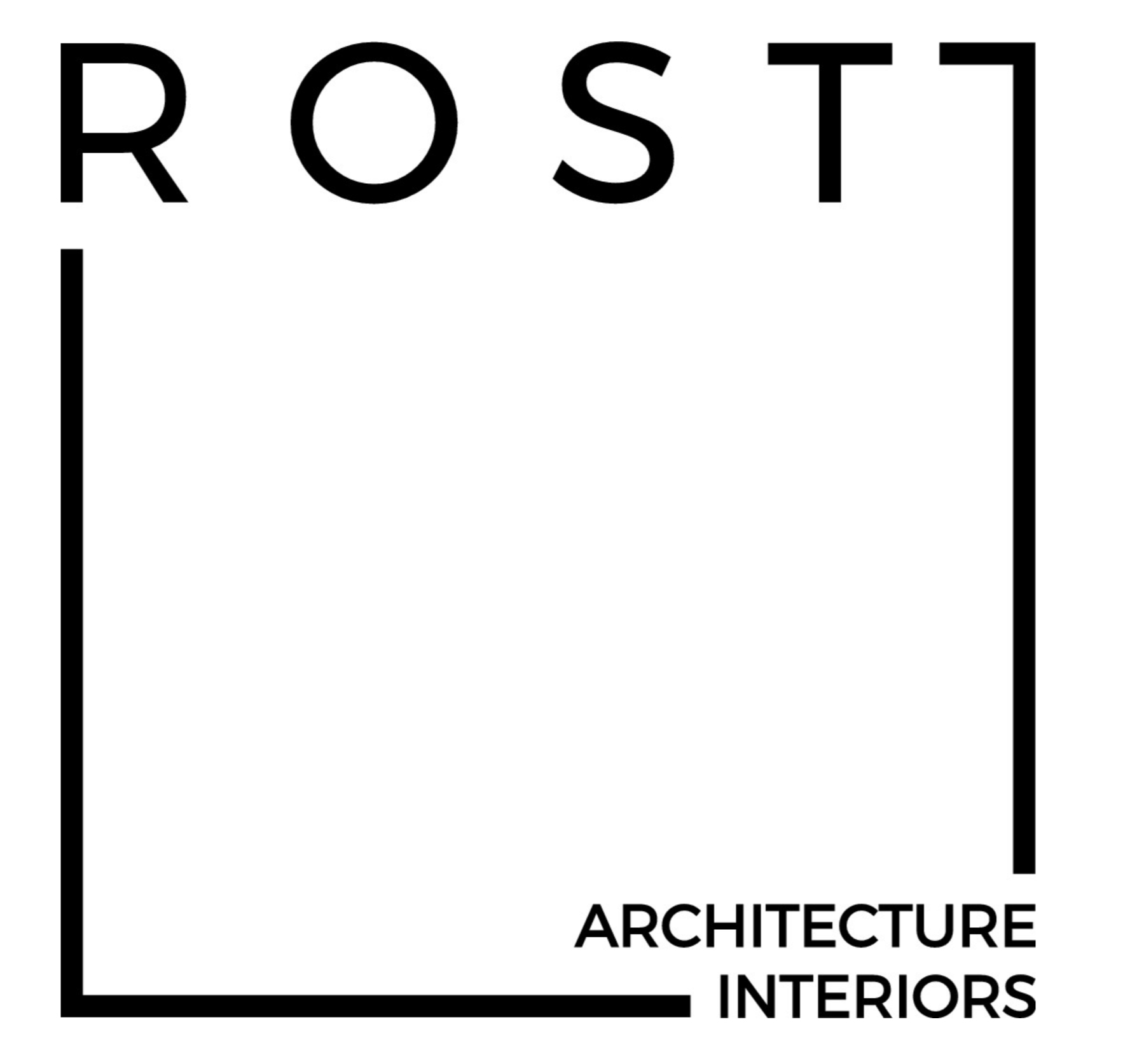





















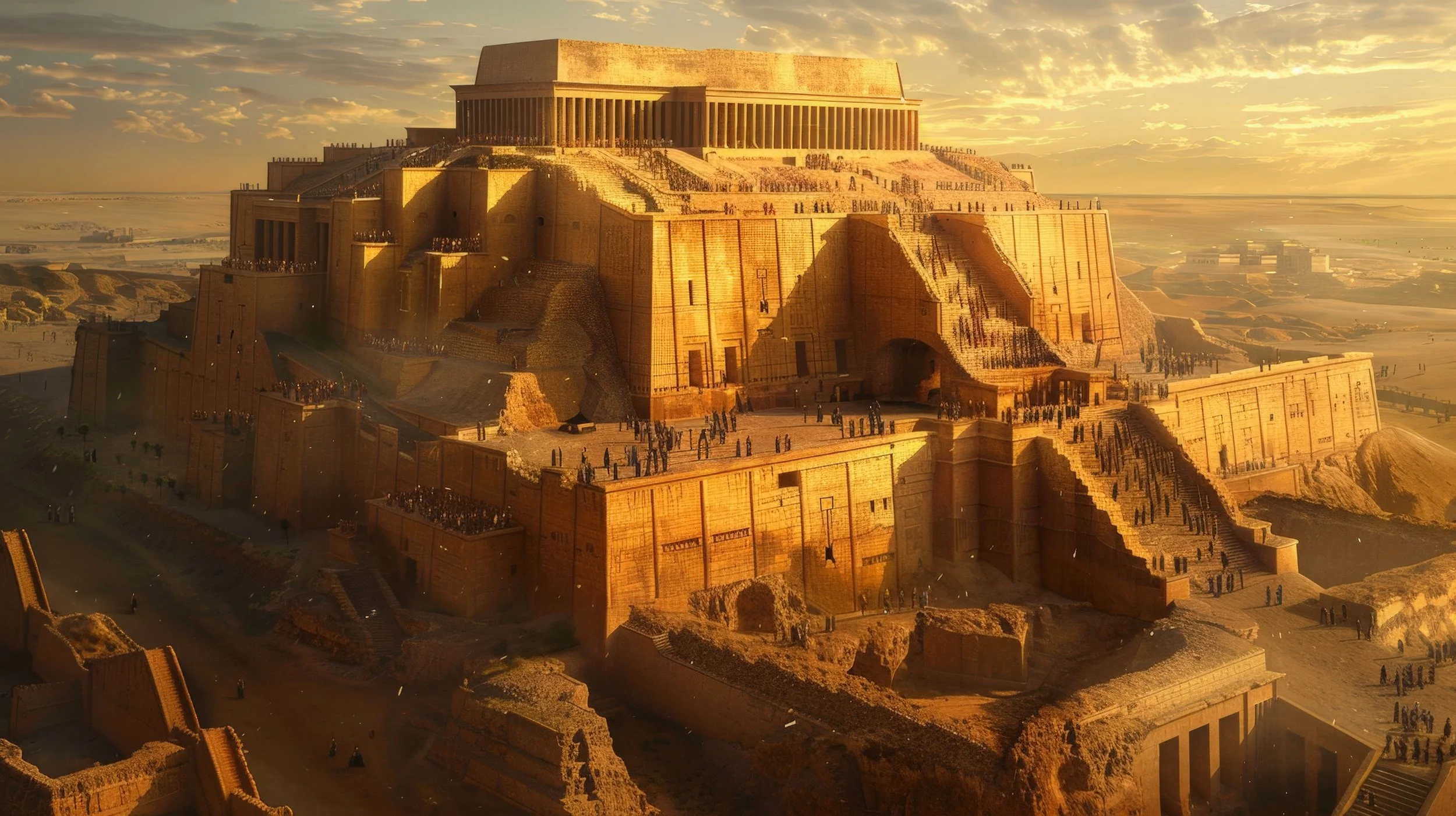




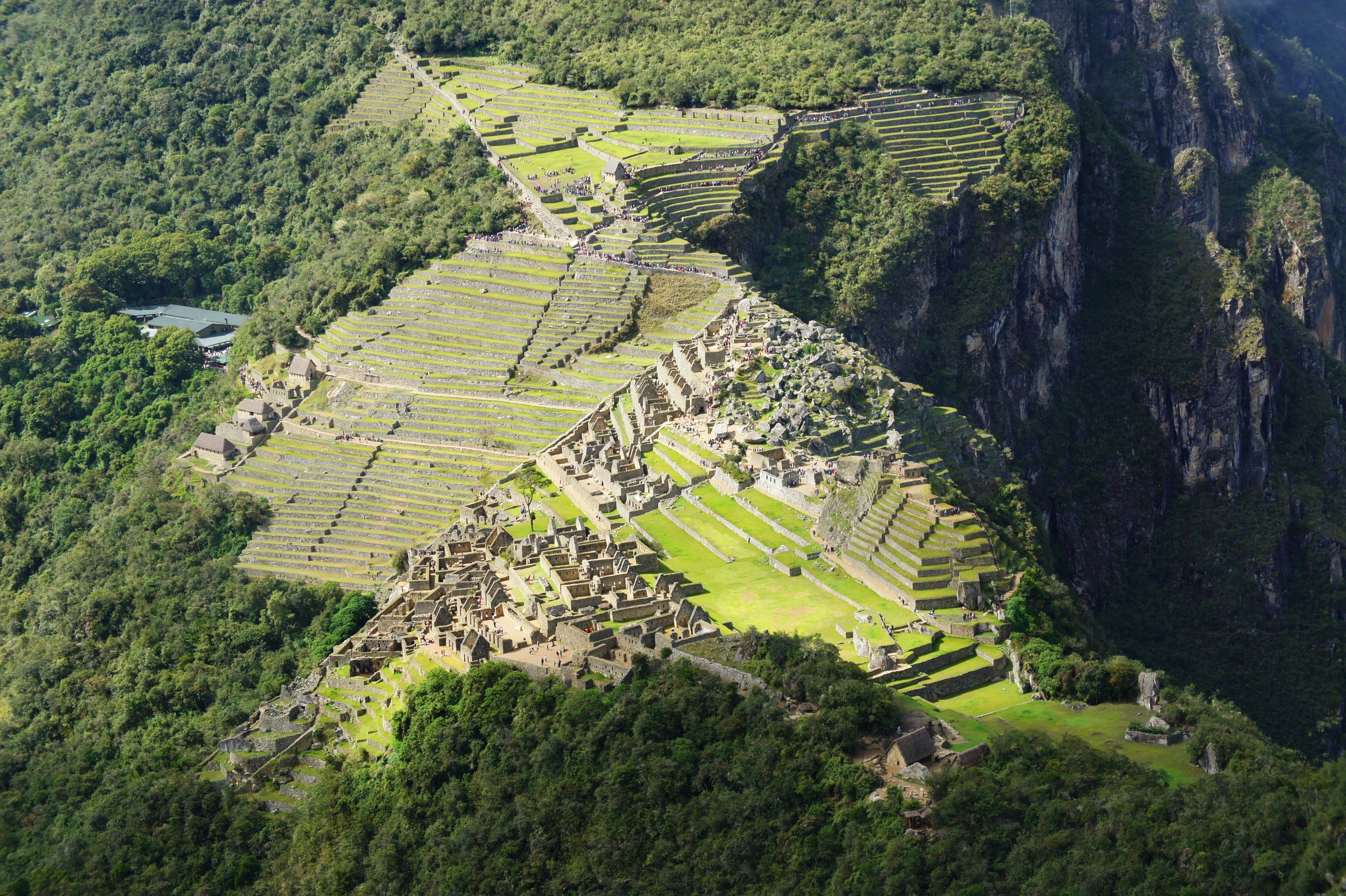
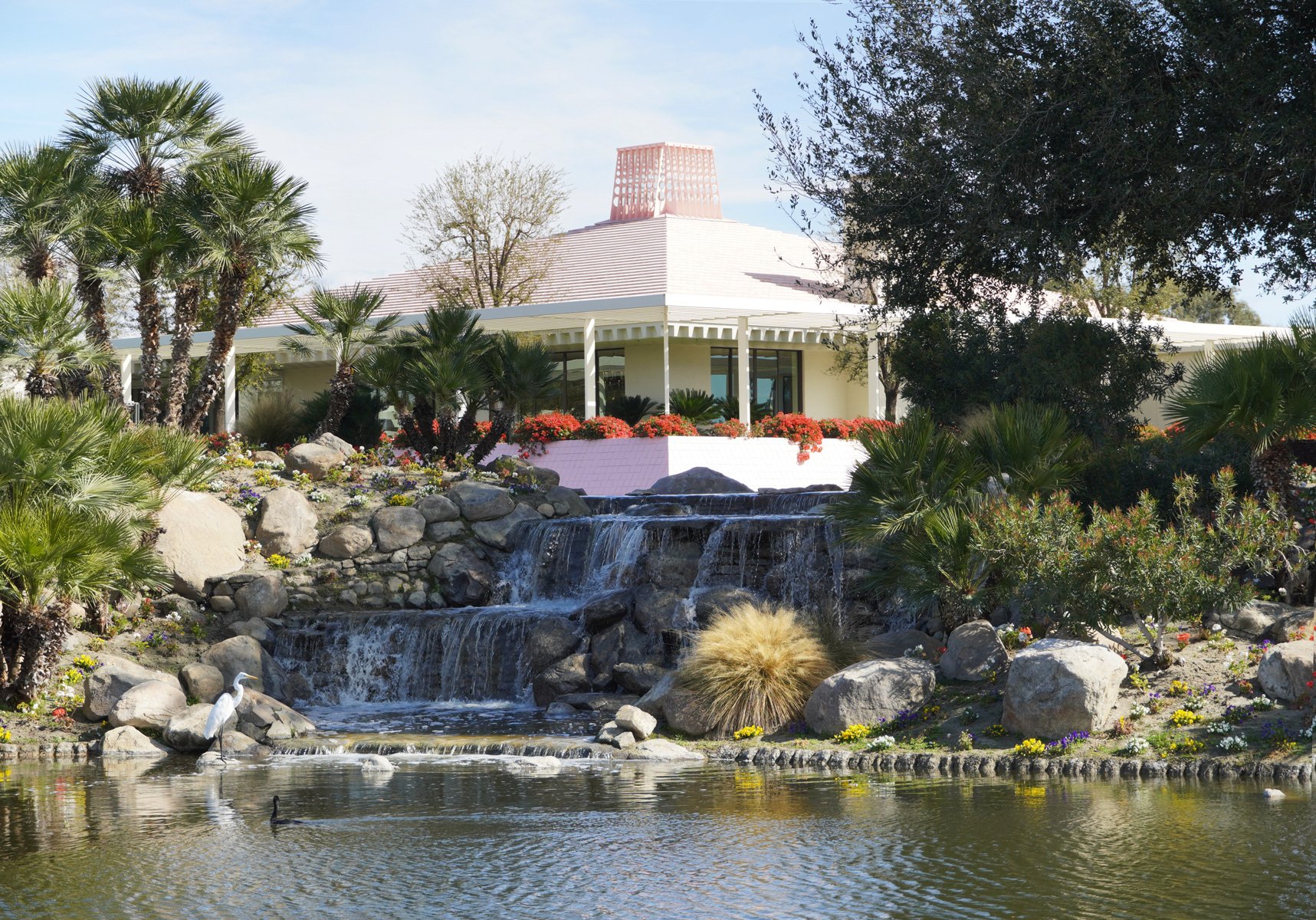
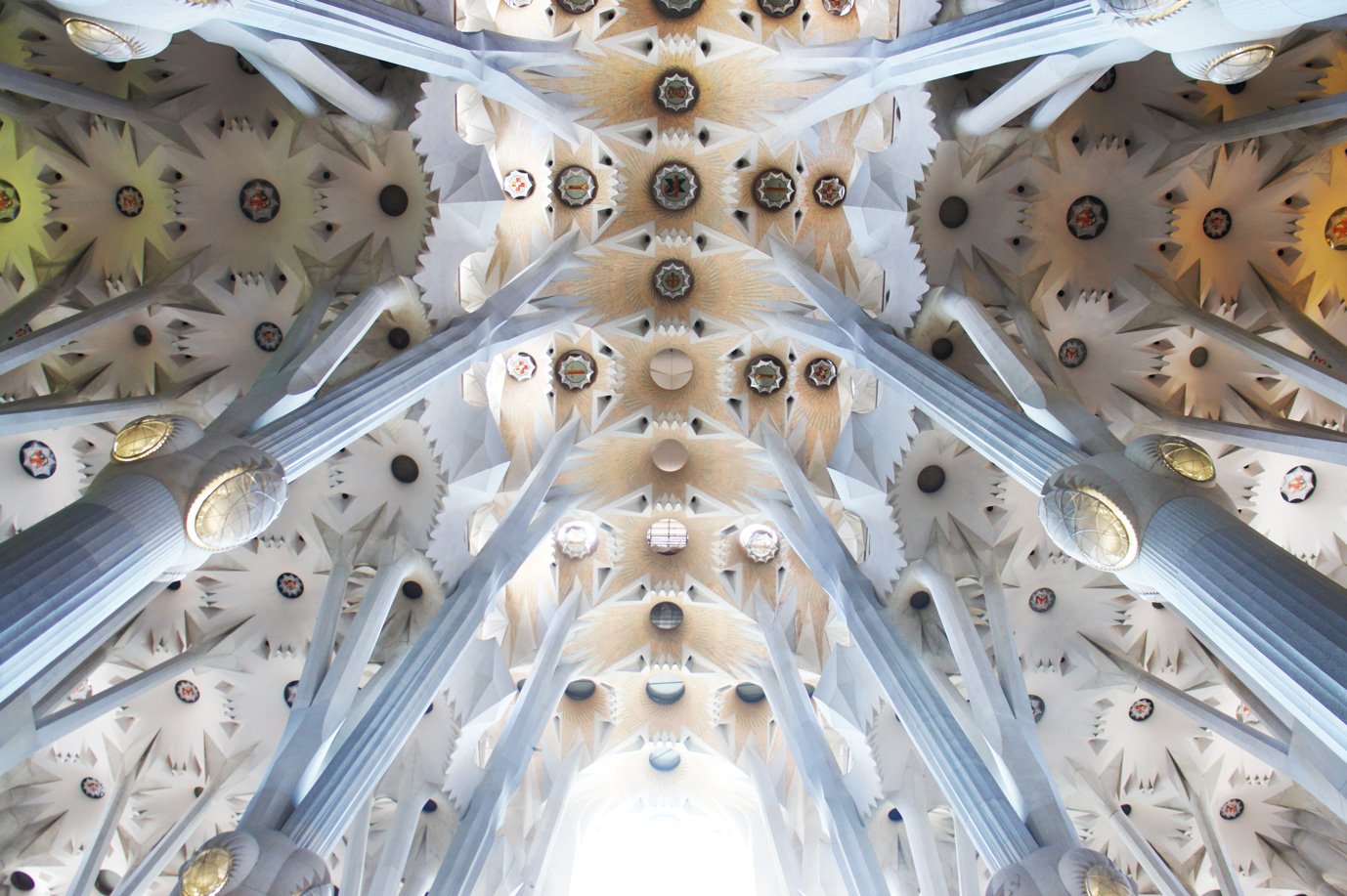
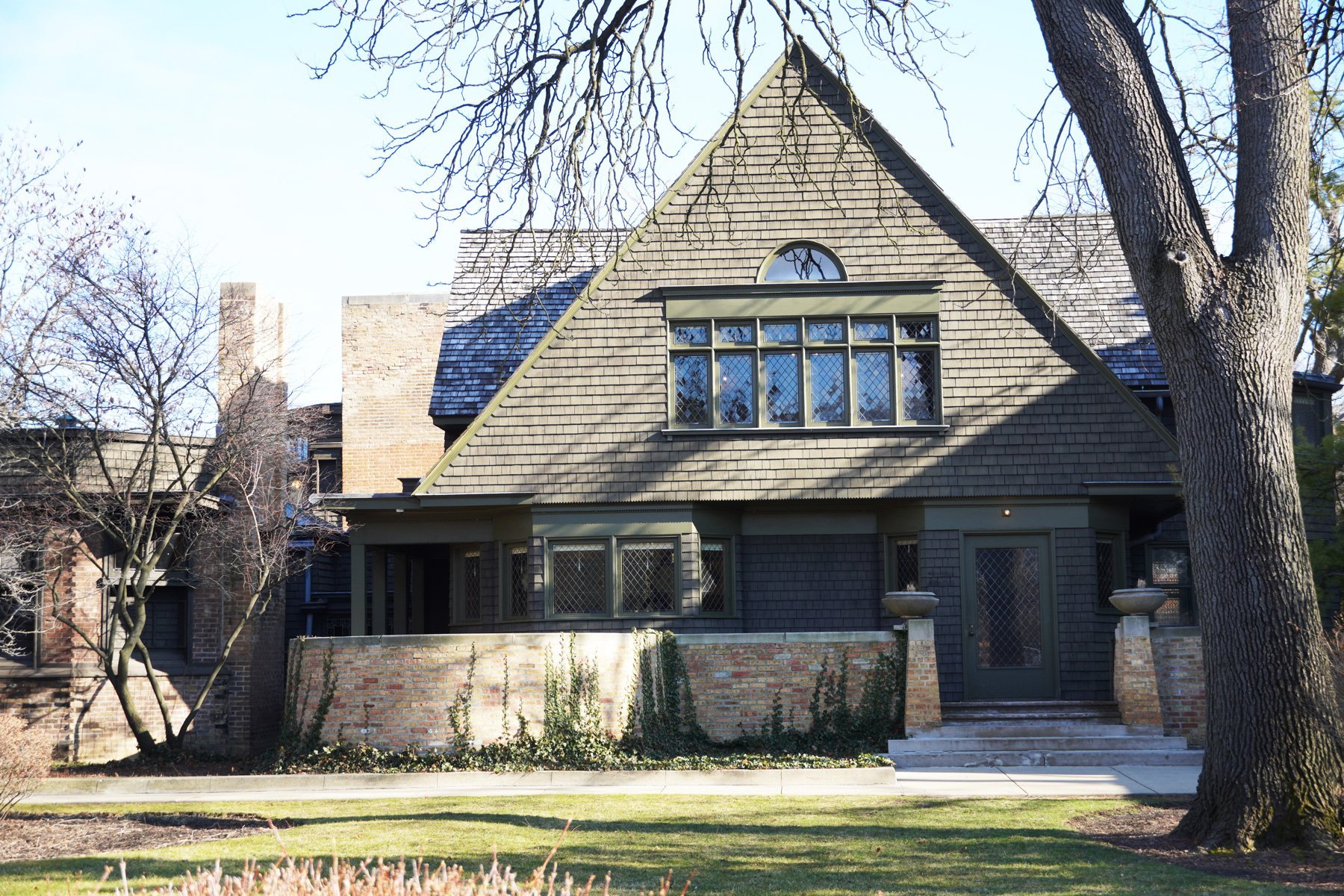
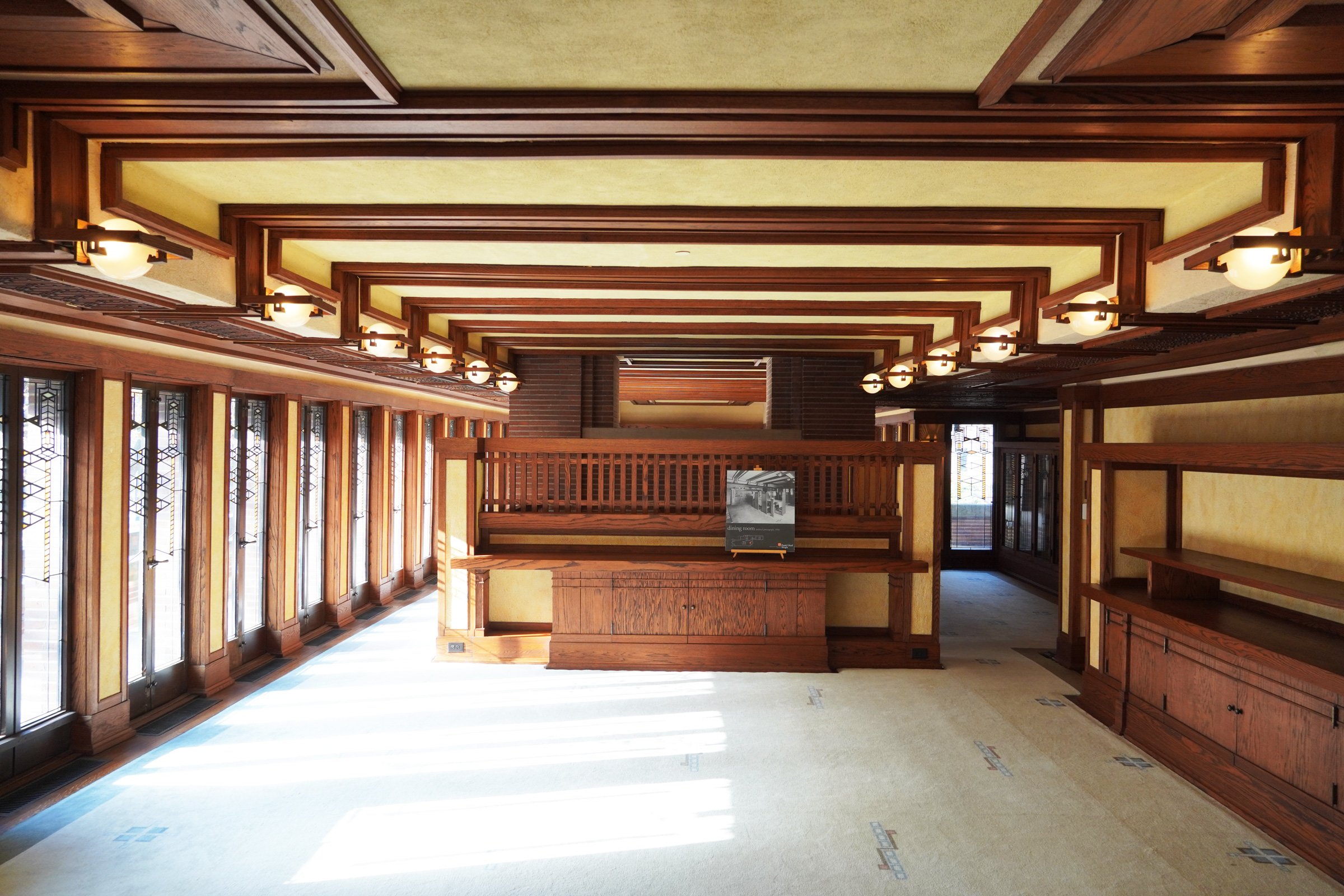

Principal and Architect of ROST Architects, Mitchell Rocheleau, discusses the significance of The Grand Louvre designed by Architect I.M. Pei, the history of the Louvre, design process, design theory and ideas behind the project.